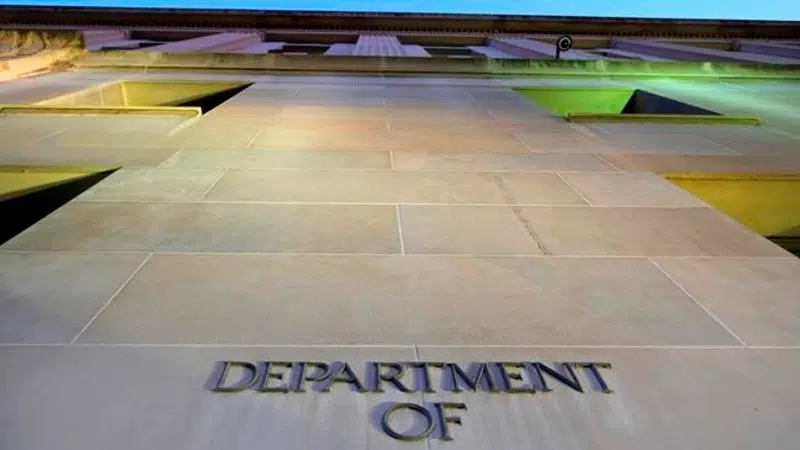
2020 Census being printed without citizenship question
WASHINGTON — Days after the U.S. Supreme Court halted the addition of a citizenship question to the 2020 Census, the U.S. Census Bureau on Tuesday started printing the questionnaire without the controversial query.
Trump administration attorneys notified parties in lawsuits challenging the question that the printing of the hundreds of millions of documents for the 2020 counts had started, said Kristen Clarke, executive director of the National Lawyers’ Committee for Civil Rights Under Law.
Justice Department spokeswoman Kelly Laco confirmed there would be “no citizenship question on 2020 census.”
Commerce Secretary Wilbur Ross said that while he respected the Supreme Court’s decision, he strongly disagreed with it.


